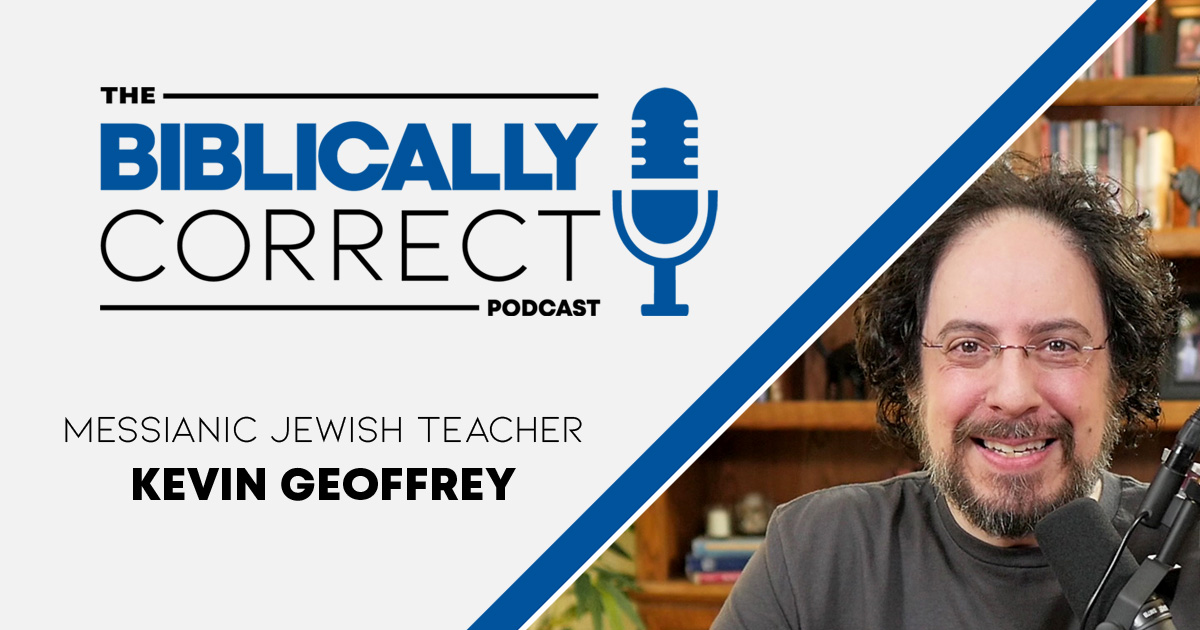Is the Bible Really the True Word of God?
Whether or not the Bible is true is at the heart of every question of biblical belief. Because if it isn’t true, then the God of the Bible doesn’t exist, and we’re free to think and do as we please. But if it is true—if the Bible really is the written word of God—then there is Someone greater than us who loves us, but to whom we also have to answer.
In defense of the truthfulness of the Bible, some will reasonably point to external sources that appear to verify the Bible’s credibility. For example, there are historical events that were recorded in other ancient writings that are also found in the Bible. Archaeology has often unearthed evidence of ancient sites mentioned in the Bible. And some will suggest that there are portions of the Bible that agree with our modern scientific understanding of astronomy, geology, biology and even anthropology. Yet while all of these can affirm what the Scriptures already say, if the Bible really is the written word of God, then what authority does an external source have to inform our assessment of the divinely inspired word of God?
One of the primary assertions often made regarding the truth of the Bible, is that the Bible itself claims divine authorship. As evidence of this, some will point to the more than 3,000 times that the biblical writers supposedly claimed such authorship by using phrases such as “the word of the Lord” and “thus says the Lord.” As far as the Bible is concerned, these phrases explicitly tell us that some of the words that it records for us are the direct, unedited words of God. However, the words themselves are not self-referencing—they are not speaking about the written version of themselves. So the idea that the Bible itself claims divine authorship also isn’t very helpful in establishing the Bible’s truthfulness and perfection.
So the question remains: does the Bible actually say anything about itself that points to it as the written word of God? Yes, it does!
The Master Yeshua regularly referred to the Hebrew Scriptures, indicating their divine value for determining what is true. First, He teaches us that the Scriptures establish Him as Messiah. In Luke 24:27 it says that “having begun from Mosheh, and from all the prophets, He expounded to [those with Him] in all the Scriptures the things about Himself” (mjlt). And several verses later, in Luke 24:44, Yeshua says, “it is necessary for all the things that are written about Me in the Torah of Mosheh and the N’viyiym [Prophets] and the T’hiliym [Psalms] to be fulfilled” (mjlt).
Yeshua also connected knowledge of the Scriptures with knowledge of the power of God. In Matthew 22:29, Yeshua is replying to those who are questioning the truth of the resurrection, and He says to them, “You go astray, not knowing the Scriptures, nor the power of God!” (mjlt). The Master is teaching us that to refute or disbelieve the Scriptures is to challenge and reject the power of God.
The Master also spoke of the infallibility of the Scriptures when He said in John 10:35, “the Scripture is not able to be broken” (mjlt). In other words, the Scriptures not only hold the ultimate power and authority, but they are totally unbreakable and irrefutable.
And finally, Yeshua affirmed that the Scriptures are in fact the written word of God. In Matthew 15, when confronting some Jewish leaders, Yeshua quotes parts of the Torah, juxtaposing it with the leaders’ misguided tradition. Then in verse 6 He says, “And in so teaching, you set aside the word of God because of your tradition” (mjlt).
Did this post bless you?
♥
So according to Yeshua’s view of the Scriptures, they are indeed the written word of God, and not only do they establish Him as Messiah and contain the knowledge of the power of God, but they are infallibly, irrefutably, and undeniably unbreakable.
Should we believe that the Bible really the true, perfect word of God? Only if we’re willing to take the Master Yeshua at His word.






I’m uncertain about who the audience is here. If it’s for the unsaved, I don’t think the proofs that the bible is truth is altogether convincing. When we read the bible, we, the saved, read it with the Holy Spirit, and it shows us the truth, sometimes by jumping off the page for us.
But it is not so with the unsaved.
So, who is the audience?
Shalom Aggie! You would be surprised how much a mystery the Bible is even to believers. With this article (and others) I am dealing with fundamentals for understanding the Bible. That said, I agree with you—this article doesn’t fully address the subject. If you are able to watch the full teaching (https://bcpodca.st/y/ep3), it goes into more detail on these and other “proofs,” but then I offer what I believe is the only way to be sure that the Bible is the true, perfect word of God!